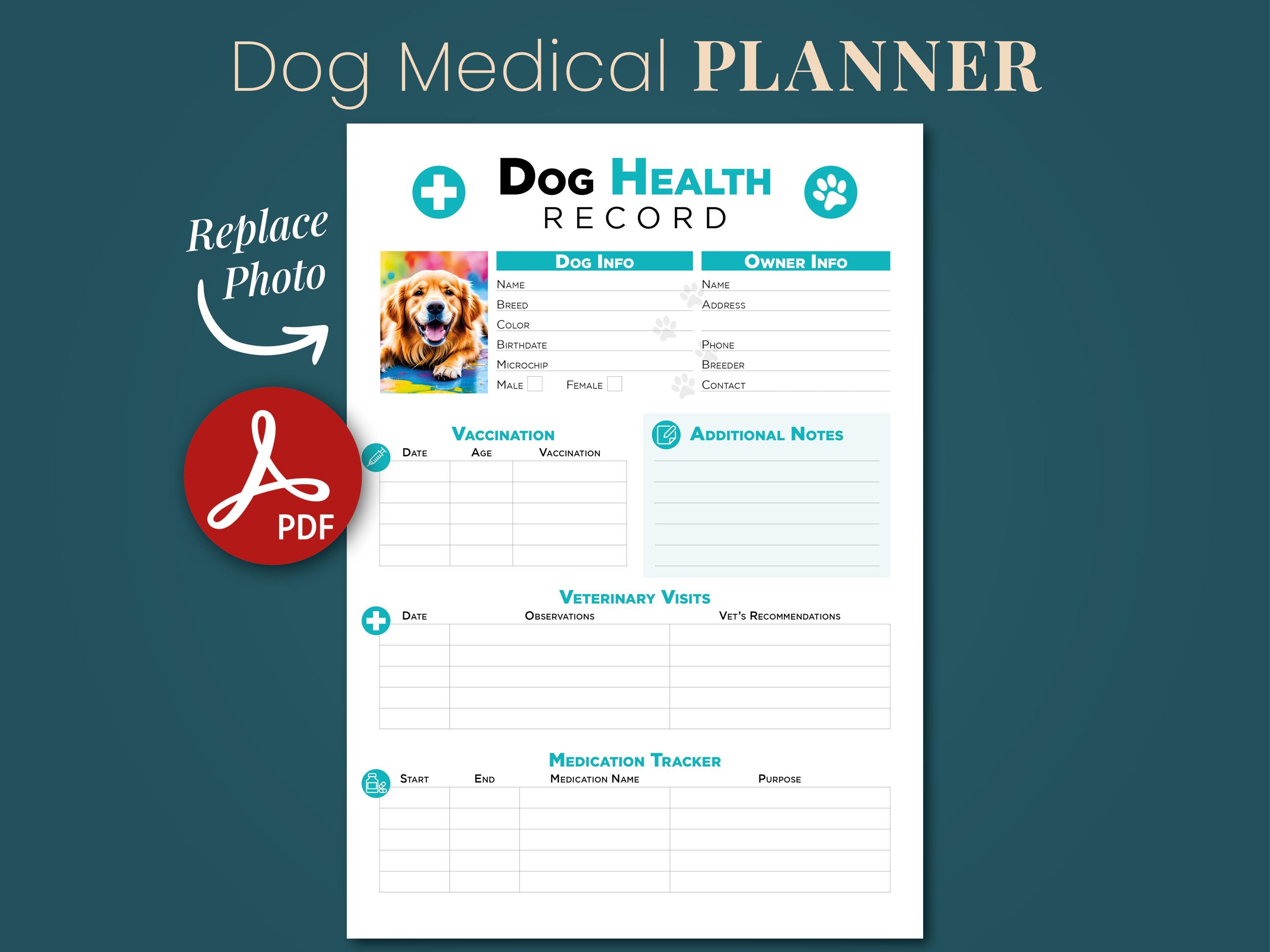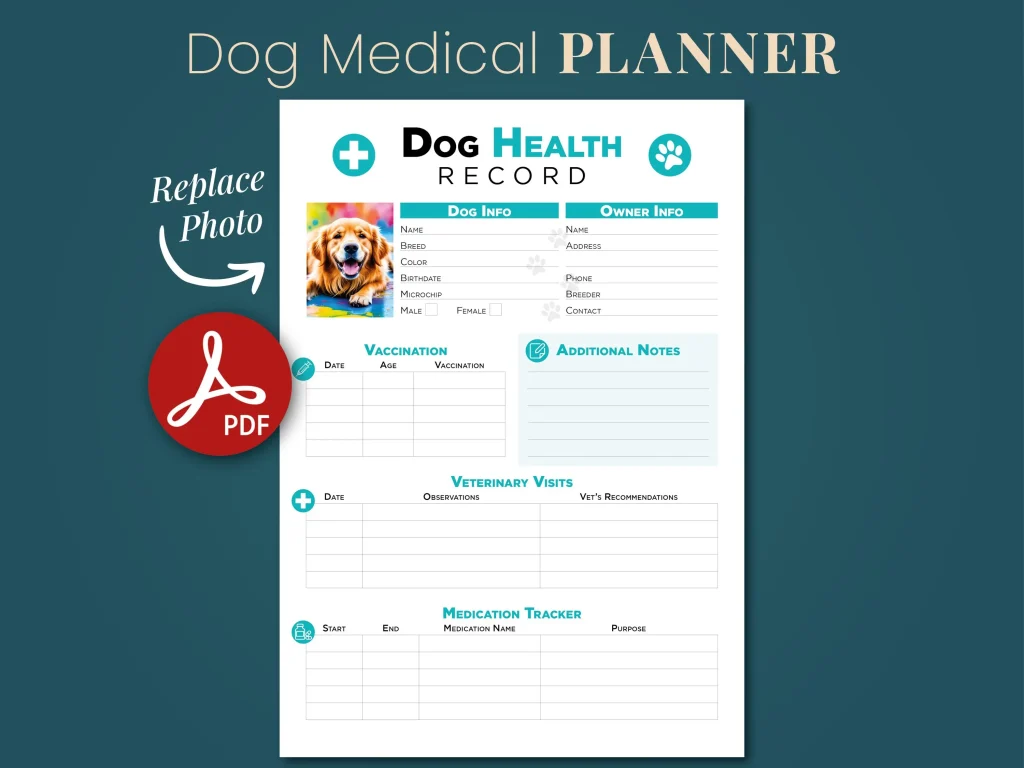Complete Medical Record Checklist for an Adult Pet

When preparing your pet for air travel or international relocation, having a complete and up-to-date medical record is essential. Not only does it ensure your pet’s health and safety, but it also complies with airline and import regulations of many countries.
Below is a breakdown of what a complete medical record for an adult dog or cat should include.
1. Vaccination Record
Every adult pet must have proof of current vaccinations. The most critical are:
For dogs:
-
Rabies
-
Distemper (CDV)
-
Parvovirus (CPV)
-
Adenovirus / Hepatitis (CAV-2)
-
Leptospirosis (optional, depending on destination)
-
Kennel Cough / Bordetella (recommended for travel)
For cats:
-
Rabies
-
Feline Viral Rhinotracheitis (FVR)
-
Calicivirus (FCV)
-
Panleukopenia (FPV)
-
Feline Leukemia Virus (FeLV, recommended)
Each vaccine entry must show:
-
Name of vaccine
-
Manufacturer and batch number
-
Date of vaccination and expiry
-
Veterinarian’s signature and clinic stamp
2. Microchip Information
Most international destinations (EU, UK, Japan, Korea, Australia, etc.) require pets to have a microchip implanted before the rabies vaccination.
The microchip must be:
-
ISO 11784 / 11785 compliant (15-digit)
-
Scannable by a universal reader
Ensure that your microchip number is correctly listed on all documents (health certificate, vaccination record, and rabies certificate).
3. Rabies Certificate
A separate rabies vaccination certificate is often required for international travel.
It should clearly state:
-
Date of vaccination
-
Vaccine manufacturer and serial number
-
Validity period (usually 1 or 3 years)
-
Pet’s microchip number
-
Veterinarian’s full name, signature, and clinic details
Some countries may also require rabies antibody titration (RNATT) tests, performed at an approved laboratory, to prove immunity levels.
4. Health Certificate (Fit-to-Fly)
Issued by a licensed veterinarian within 3–10 days before the flight, depending on airline and country regulations.
It confirms that:
-
The pet is healthy, alert, and free from contagious diseases
-
Has no open wounds or signs of stress
-
Has been examined and deemed fit for air transport
For international relocation, this certificate is usually endorsed by a government veterinary authority (e.g., Department of Animal Health or USDA/DAFF equivalent).
5. Deworming and Tick/Flea Treatment
A valid record of internal and external parasite treatments:
-
Deworming: within 7–14 days before travel
-
Tick and flea control: using approved topical or oral products
These treatments should be recorded with product name, date, and veterinarian signature.
6. Additional Laboratory Tests (If Required)
Depending on the destination country, your pet may also need:
-
Rabies antibody test (RNATT)
-
Heartworm test (for tropical countries)
-
Blood tests for Brucellosis, Leptospirosis, or Ehrlichiosis
-
Quarantine clearance or import permit
Always verify requirements at least 2–3 months in advance, as some tests have waiting periods.
7. Summary: Pet Medical File Should Contain
-
Full vaccination booklet (with vet signature & stamps)
-
Rabies certificate
-
Microchip registration
-
Fit-to-Fly Health Certificate
-
Deworming & flea/tick treatment record
-
Laboratory test results (if applicable)
-
Owner information and contact details
Final Note from ASIAPATA
Preparing your pet’s medical documentation early is the key to a smooth and stress-free relocation.
ASIAPATA offers end-to-end support — from vet coordination and health certificates to airline booking and customs clearance — ensuring your beloved companion travels safely and legally.
Contact us 0932135515 today for a personalized consultation on international pet transport.
xem thêm:
- Cách chuẩn bị cho thú cưng trước khi đi xét nghiệm
- Microchip là gì? Tại sao thú cưng lại cần gắn Microchip?
- DỊCH VỤ VẬN CHUYỂN THÚ CƯNG HÀ NỘI – SÀI GÒN UY TÍN, AN TOÀN

